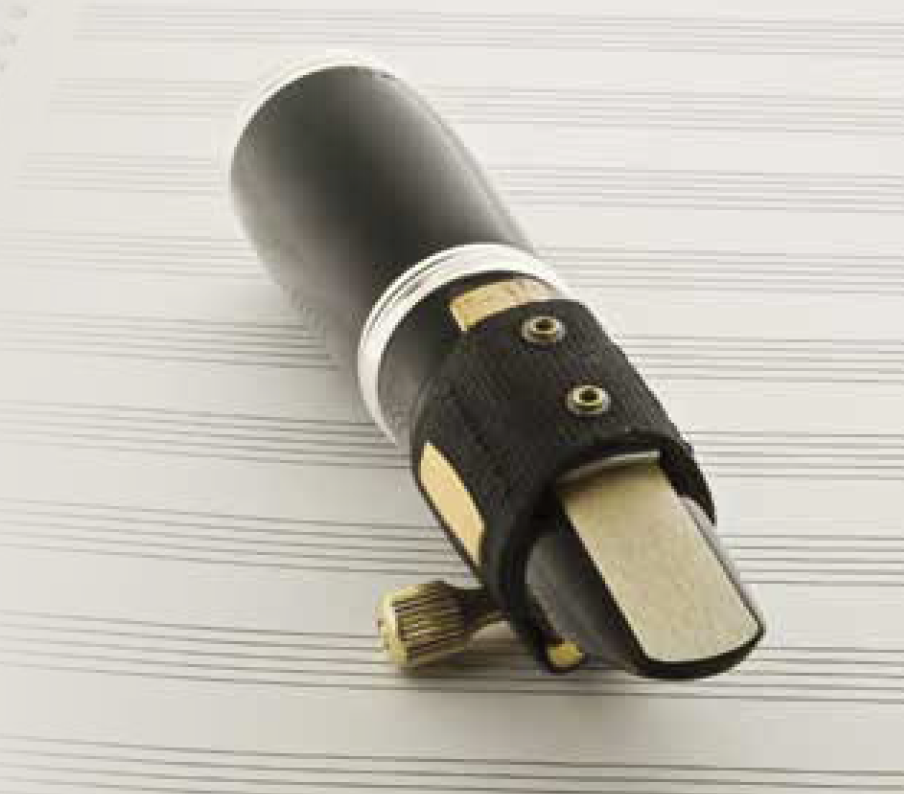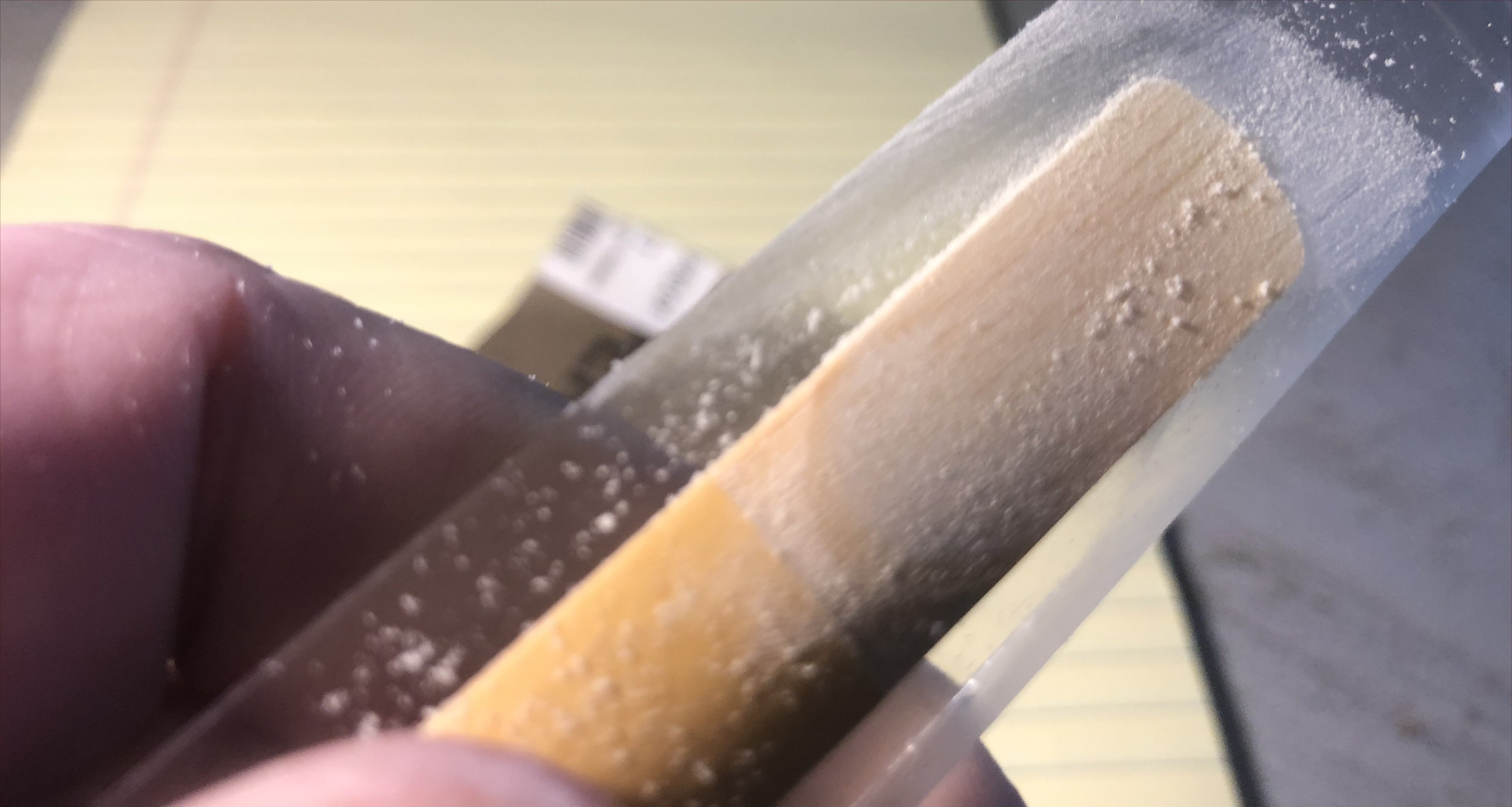
Reed Making Stage 2 YouTube
The Saxophone Reed: The Advanced Art of Adjusting Single Reeds. Rötter, James. A Guide to the Art of Adjusting Saxophone Reeds. Montague, Michael J, and Tina Ward. "Reeds: Good or Bad? It's in the Cane - An Inside View of Arundo donax." The Clarinet . 40, no. 1 (December 2012): 62- 65. Clarinet Reedmaking - www.clarinetreedmaking.com

Bamboo Tubes Danzi Reeds Materials from Var Region
This is a video series on the making of clarinet reeds.

Classical Making June 2020 Cambridge Makers
Michelle Anderson, founder of Clarinet Mentors (www.learnclarinetnow.com), presents a clarinet lesson on how to make clarinet reeds work better. This involve.

Cheap Reeds 2.5 Box of Ten for under 17 Axiom
Making Clarinet Reeds From Scratch! Park House Creations 9.6K views 1 year ago Reed-making on tour in Tokyo / #BerlinPhilAsia17 Berliner Philharmoniker

“My Reeds Play Better” and Why You Should Maintain Your
Step 1: Selecting the Right Cane The first and most crucial step in making a clarinet reed is selecting the right cane. Cane selection plays a significant role in the overall quality and performance of the reed. Ideally, you should choose a piece of cane that is specifically designed for reed-making and of high quality.

Brass instrument detail stock photo. Image of song, euphonium 31311822
Choose a few that meet the following criteria: Hold the reed tip to a strong light. You should see an opaque part (heart) which should be more or less an inverted "V" shape. The tip and sides should show the light and be more or less symmetrical between the left and right sides.

Reed Adjustment and Care School Band & Orchestra Plus School Band & Orchestra Plus
This guide is a step by step overview of clarinet reed making. It will take you through each step in detail and includes brief descriptions of most reed making tools on the market. This site is updated as new products and techniques are explored.

Second you grind the beveled side with the aid of a honing guide. this guide holds the blade at
A clarinet reed is a thin, flat piece of material that is attached to the mouthpiece of the clarinet. The reed vibrates when air is blown through it, producing sound. Clarinet reeds can be made from a variety of materials, including natural and synthetic materials. Natural Reed Materials

How to Extend the Life of a Reed 8 Steps (with Pictures)
An Overview of Making Clarinet Reeds by Hand By Katherine Breeden For the clarinetist interested in total control over their sound, making reeds by hand is worth exploring. The learning process can also be advantageous for gaining a more thorough knowledge of commercial reed adjustment.

Reed Making Starter Kit
Reeds are essentially thousands of little straws, so sliding along the reed allows all the straws to point the same way, allowing smoother playing. [3] 4. Slide the ligature over the mouthpiece until it's almost in its final position, with the screws loosened a bit. 5.

Better Reed Placement YouTube
When looking at a clarinet, you will see that there is a small, thin piece of wood resting flat against the mouthpiece. That is called a reed. The reed is made out of a Mediterranean reed grass called Arundo Donax, also known as cane reed. It looks similar to bamboo.

Reed Making Overview YouTube
Reed Making Benefits Better Reeds That's the whole point right!? If your handmade reeds are not dramatically better, then chances are good the tools you are using are not allowing you to achieve the proper dimensions consistently or you haven't found a type of cane that works for you.

REEDUAL REED MAKING YouTube
0:00 / 4:50 Making A Clarinet Reed Grant Clarinet Studio 1.51K subscribers Subscribe Subscribed L i k e Share Save 352K views 9 years ago Watch a professional clarinetist make a clarinet.

Student by Gear4music, B Stock at Gear4music
Follow-up video to "Making A Clarinet Reed." Watch a professional clarinetist make a reed using the Uhl RPM 68.http://www.grantclarinetstudio.comVideo by Lau.

Mouthpiece Buyer's Guide & Comparison Charts The Music Room
Step 1: Preparing the Reed. Unless you are using a synthetic reed, you will need to wet your reed. Many clarinetists fall into the bad habit of just putting their reeds in their mouths and allowing their saliva to wet the reed. Throughout play, your reed spends a lot of time in your mouth, so it will be exposed to saliva regardless, but the.

Ebony Two Section Tuning Tube Make Sound More Beautiful And Open eBay
Single reeds The percentage of single reed players (clarinet and saxophone) who make their own reeds is not as high as double reed players, but some do choose to make theirs by hand. Clarinetists make their own reeds more often than saxophonists.